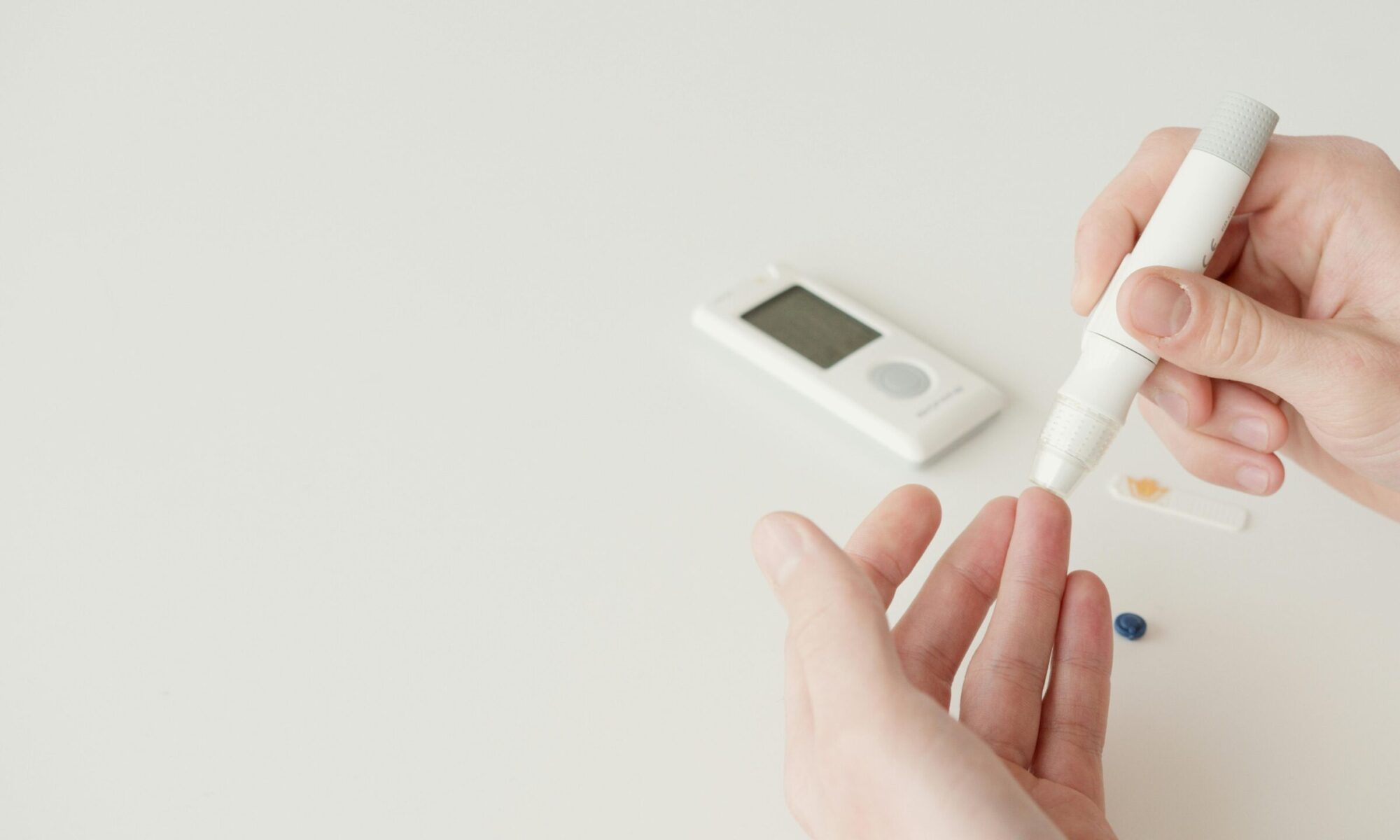Physical activity is an essential component of a healthy lifestyle and is especially important for managing diabetes. However, excessive exercise, particularly in the evening, can have unintended consequences for blood sugar levels. For people with diabetes, an evening walk that is longer or more intense than usual can lead to a phenomenon known as late-onset or nocturnal hypoglycemia. This article explores why this happens, the mechanisms behind it, and practical strategies for preventing late-night hypoglycemia after evening exercise.
Understanding Blood Sugar Regulation During and After Exercise
Immediate Effects of Exercise:
- Increased Glucose Uptake: When you engage in physical activity, your muscles use more glucose to produce energy. This effect is heightened with longer or more intense exercise, leading to a reduction in blood sugar levels.
- Insulin Sensitivity: Exercise increases insulin sensitivity, meaning that the body’s cells become more efficient at using insulin to absorb glucose from the bloodstream. This can lead to lower blood sugar levels during and shortly after exercise.
Post-Exercise Effects:
- Glycogen Replenishment: After exercise, the body works to replenish glycogen stores in the muscles and liver. This process requires glucose and can lead to reduced blood sugar levels, sometimes hours after the activity.
- Delayed Hypoglycemia: This process, combined with increased insulin sensitivity, can result in hypoglycemia several hours after physical activity—often during the night when a person is asleep and less aware of their blood sugar fluctuations.
Why Evening Walks Pose a Unique Risk
Timing and Glucose Metabolism:
- Late-Night Metabolism: The body’s metabolism slows down during the evening and night. While exercise increases glucose uptake by muscles, the body’s reduced metabolic activity at night can mean that blood sugar levels remain lower for longer periods.
- Delayed Insulin Effect: Evening walks can enhance insulin sensitivity, which may persist overnight. If insulin or oral diabetes medication is still active in the body, this can amplify the risk of hypoglycemia.
Hormonal Influence:
- Counter-Regulatory Hormones: Hormones like glucagon and adrenaline are responsible for raising blood sugar levels when they fall too low. However, during sleep, the body’s natural response to low blood sugar may be diminished, making it harder to counteract hypoglycemia.
- Cortisol Levels: Cortisol, a hormone that helps increase blood sugar, is typically at its lowest during the night. This reduced hormonal support can make it more challenging for the body to maintain blood sugar levels after evening exercise.
Recognizing the Symptoms of Nocturnal Hypoglycemia
Common Symptoms During Sleep:
- Sweating: Excessive sweating during the night, often enough to wake up drenched.
- Nightmares: Vivid or disturbing dreams can be a sign of falling blood sugar levels.
- Restlessness: Frequent tossing and turning can indicate that blood sugar levels are dropping.
- Morning Headache: Waking up with a headache is often a result of hypoglycemia that occurred during sleep.
Daytime Consequences:
- Fatigue: Low blood sugar during the night can disrupt sleep quality, leading to feelings of exhaustion the next day.
- Irritability and Confusion: Cognitive symptoms like irritability and confusion can result from nighttime hypoglycemia.
Preventing Late-Night Hypoglycemia After Evening Exercise
Adjust Your Exercise Routine:
- Moderate the Intensity: If you enjoy evening walks, try to moderate the pace and duration to avoid prolonged glucose depletion.
- Earlier Timing: Consider finishing your exercise earlier in the evening to allow your body time to stabilize blood sugar levels before bedtime.
Pre- and Post-Exercise Nutrition:
- Pre-Walk Snack: Having a small, balanced snack containing carbohydrates and protein before your walk can help maintain blood sugar levels during and after exercise.
- Post-Walk Snack: A bedtime snack that includes complex carbohydrates and protein can help sustain blood sugar levels through the night.
Monitoring and Adjustments:
- Frequent Blood Sugar Checks: Monitor your blood sugar levels before, during (if possible), and after your evening walk. This helps you understand how your body responds to exercise and when it might need intervention.
- Continuous Glucose Monitors (CGMs): A CGM can alert you if your blood sugar drops overnight, allowing you to take action before hypoglycemia becomes severe.
- Adjust Medications: Consult with your healthcare provider about potential adjustments to your insulin or oral medication doses on days when you exercise in the evening.
What to Do If Nocturnal Hypoglycemia Occurs
Immediate Steps:
- Wake Up and Treat: If you wake up feeling symptoms of low blood sugar, treat it immediately with fast-acting carbohydrates, such as glucose tablets or juice.
- Recheck Blood Sugar: After treating the hypoglycemia, wait 15 minutes and recheck your blood sugar to ensure it has returned to a safe level.
Follow-Up:
- Evaluate Your Routine: Assess the intensity and timing of your evening walk and consider how you can adjust your schedule or nutrition to prevent future episodes.
- Consult Your Healthcare Provider: If nocturnal hypoglycemia continues to occur, speak with your doctor or diabetes educator to discuss medication adjustments or new strategies.
While evening walks can be beneficial for overall health and diabetes management, excessive exercise late in the day can lead to late-night hypoglycemia. By understanding how exercise affects blood sugar levels and implementing preventive measures, you can enjoy the benefits of physical activity while minimizing the risk of hypoglycemia. Monitoring blood sugar levels, making adjustments to exercise intensity, and being aware of post-exercise nutrition can help you stay safe and maintain stable glucose levels throughout the night.
Disclaimer:
The content on this website/article is community-driven and contributed by non-medical professionals. The observations and views expressed reflect the experiences and opinions of the non-medical community. You are strictly advised to seek the advice or opinion of a qualified medical professional before considering or acting on any information, opinions, or views presented on this website.
View Count: 18 Views

